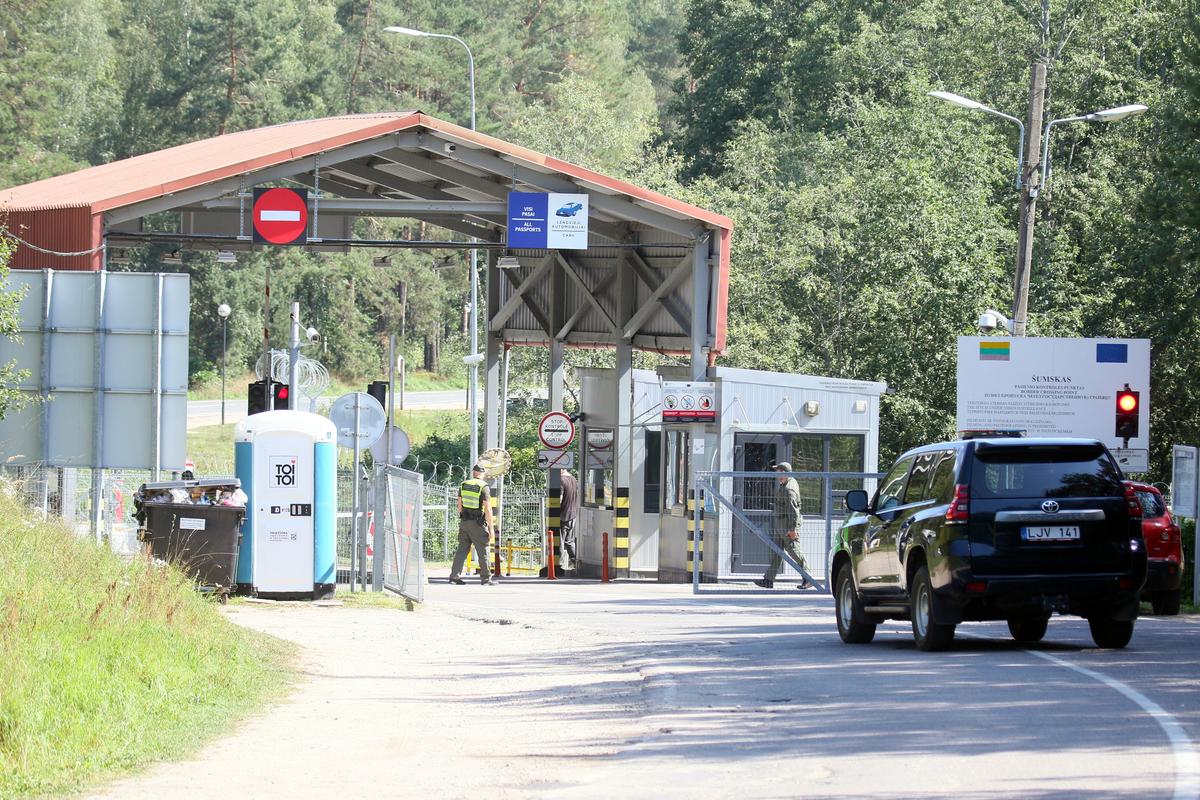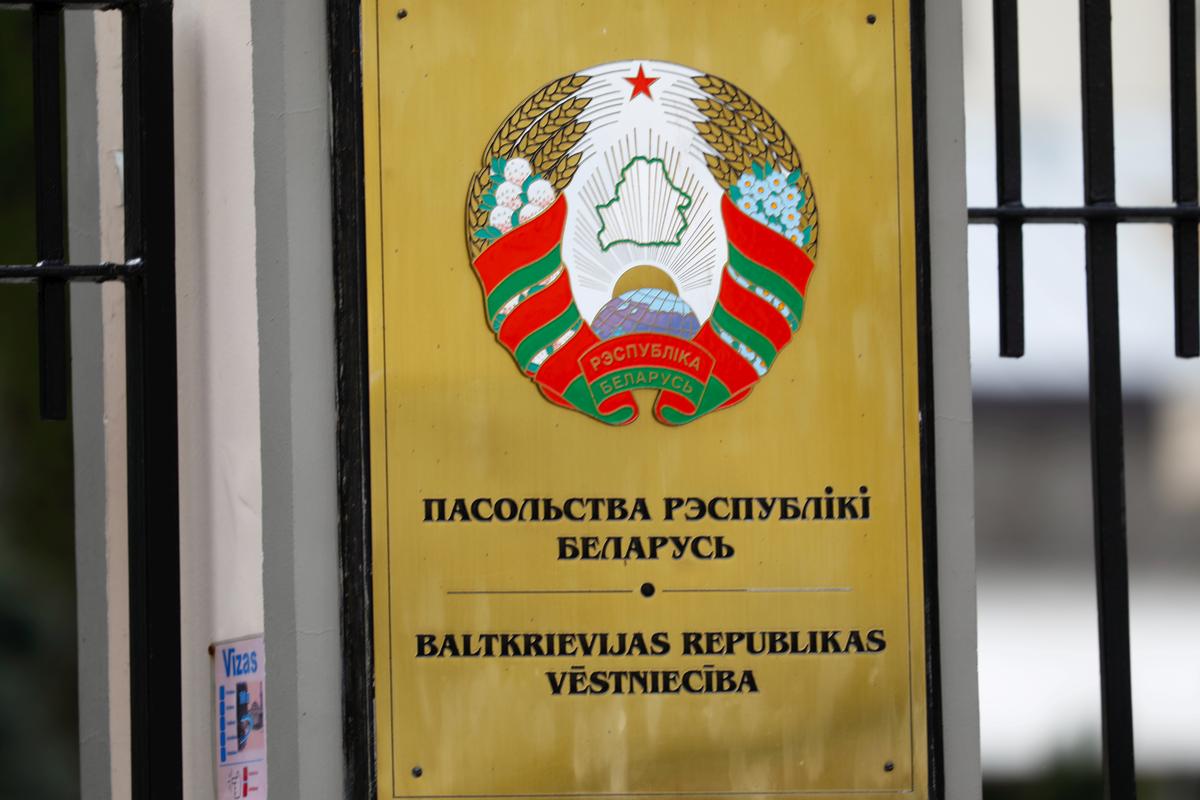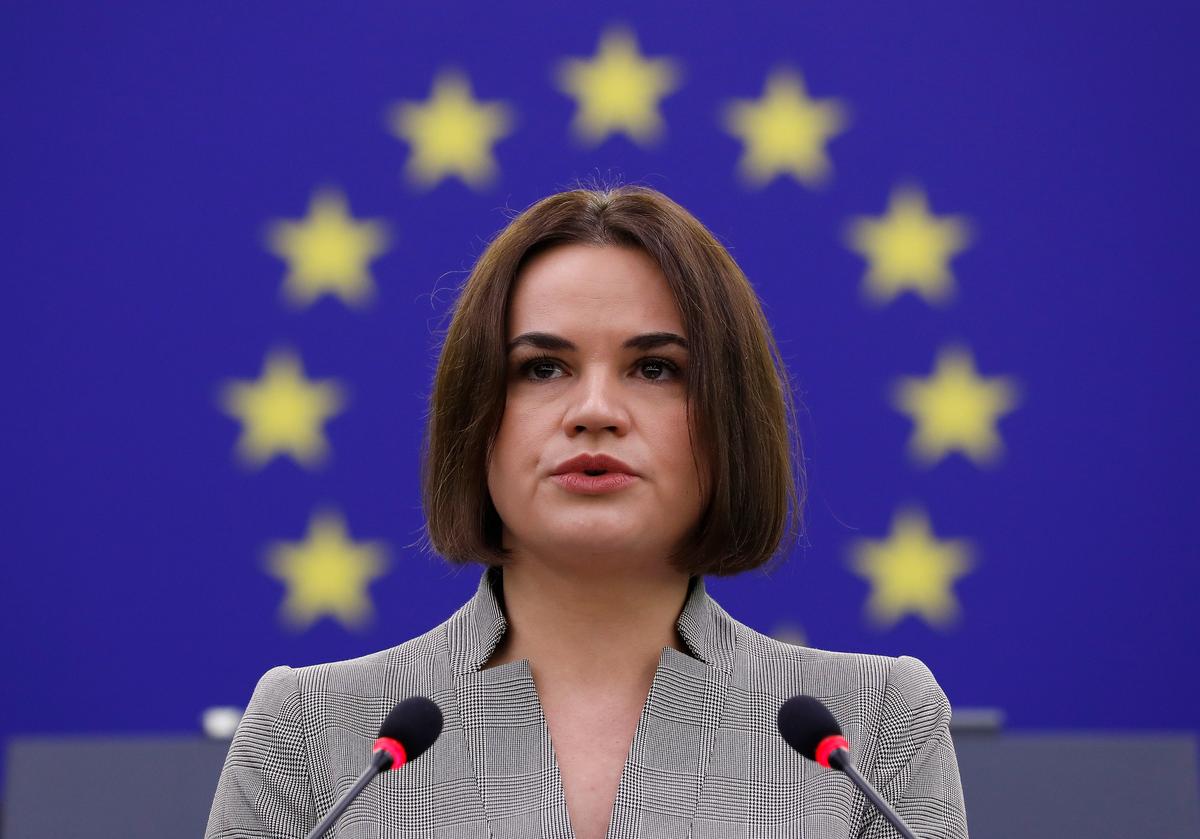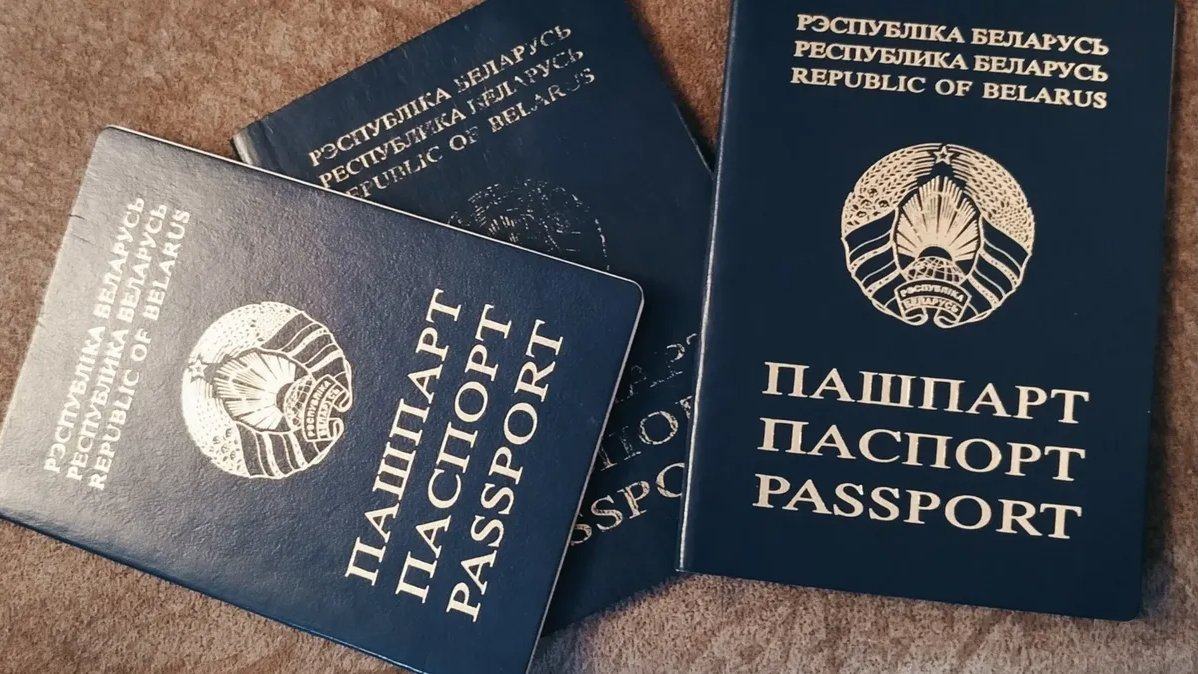Belarusians abroad will no longer be able to renew their passports, make real estate transactions, or obtain various other documents without returning to Belarus, according to a decree that came into force on Thursday. Novaya-Europe spoke to those affected by the decision about the challenges they now face and whether Lukashenko’s latest ploy to force them to return home will work.
‘We no longer accept applications’
“After seeing the news about the decree, I cried for half an hour,” says Nastya, a 34-year-old who has lived in Lithuania since 2021 and who asked that her real name not be used.
With her Lithuanian residence permit up for renewal in January and her passport expiring in April, she was told that her permit could get renewed only once she had a new passport.
Nastya had an appointment at the embassy booked for 11 September, but, with the worst timing imaginable, the new rules were announced on 5 September, coming into effect just two days later. A subsequent call to the embassy confirmed that her passport renewal would no longer be accepted.
The lucky few who applied for new passports before the decree came into force will still be able to get them.
“I applied in Georgia a few months ago. Theoretically, I should get [my passport] before October,” says Marina, who left Belarus for Tbilisi in March. She packed her things and left the country within 24 hours, describing her grounds for doing so as “the Belarusian special” — she got a call warning her a friend had been detained by the police who subsequently found a photo on his phone of them both attending anti-Lukashenko protests.
“I’m scared to go back for now, I could get arrested. I left without any time to prepare, without getting my documents translated, issuing a power of attorney, I even forgot that my passport was going to expire in May,” she says.

The Belarusian-Lithuanian border. Photo: EPA-EFE / STRINGER
“I’m scared of going to Belarus, after seeing the news I got these images of flying back and waiting in line at Minsk airport, and I found myself terror struck,” confesses Anastasia, another Belarusian who has left the country.
Fleeing Belarus for Albania with her husband and mother following the Russian invasion of Ukraine, she soon discovered it would be difficult to stay there legally on a permanent basis. It took her six months to get a residence permit that will expire in the middle of December. To renew it, Anastasia needs a new passport, which she says she planned to get at the closest Belarusian Consulate to her in the Serbian capital Belgrade.
“I don’t know what to do now. I sent a letter with questions to [the consulate]. Because it’s not only political reasons that could prevent a person going back to Belarus,” Anastasia says.
‘Your passport can only be issued in Minsk’
Belarusian writer and journalist Sasha Filipenko described Lukashenko’s latest ploy as “petty revenge” against those that dared challenge his almost 30-year rule. Filipenko himself left Belarus in 2020, fearing arrest and a jail term of up to 12 years for his participation in the protests that erupted all over the country following the falsified results of the 2020 presidential elections.

Photo: EPA-EFE / TOMS KALNINS
Currently living in Switzerland, Filipenko can no longer travel outside the European Union, having run out of blank pages in his passport. Attempting to renew it last year at the Belarusian Consulate, he was told that in his case the only way to get a new passport would be for him to travel to Minsk.
“It’s hard to understand the way these people think, but my opinion is that the new measures result from them coming to a realisation: why spend money on traitors?” says Filipenko, adding that the Belarusian government’s financial problems might play a part in the decision, too.
‘A year on without a passport’
The exiled leader of the Belarus opposition, Svetlana Tsikhanouskaya, has said that she and her colleagues are talking to multiple governments about issuing alternative documents for exiled Belarusians. A proposal to issue them with New Belarus passports is to be raised at the next meeting of the UN General Assembly later this month.
“On 4 September, I would have been sceptical of this idea ever being implemented, but now I can see European countries listening to Svetlana Tsikhanouskaya’s words and ideas,” says Olena Yurkina of Free Belarus, a Poland-based NGO that supports Belarusians in exile.

Svetlana Tsikhanouskaya. Photo: EPA-EFE / JULIEN WARNAND / POOL
According to Yurkina, substitute documents could be issued for Belarusians by the authorities in Poland and Lithuania, two of its neighbours. The document would allow its holder a year of free movement between countries that recognise it.
“It will definitely be enough to travel across the European Union,” says Liza, an exiled 28-year-old Belarusian who’s been living in Poland for almost a year, and who has just three months until her passport expires.
“I left after [the 2020 protests], at first to Odesa, then to Poland. I thought that I would be able to return to Belarus and renew my passport, but I didn’t count on an iron curtain.”
Since July, the Polish government has made it easier for Belarusians to apply for the Polish travel document issued to undocumented foreigners, waiving application fees and the requirement to prove they were subject to political persecution in Belarus or that they are unable to get any other form of ID.
The process varies enormously from country to country, Yurkina says. “In Germany, getting the status takes two years on average, and you can’t work for that entire time. The process is quicker in Poland, but the situation in countries outside the European Union will be dire,” she predicts.
Anastasia doens’t have much faith in Tsikhanouskaya’s plans for a New Belarus passport. “Even if it comes to fruition, I don’t think that many countries will happily accept this document. In the best case scenario it will be accepted in Poland and Lithuania,” she says sadly.
‘Your own country is rejecting you’
The new decree is not limited solely to passports, however, and will also affect anyone wanting to sell real estate in Belarus, or requiring a duplicate birth or marriage certificate, or a copy of an academic qualification. Power of attorney is always an option, but under the new rules, this would have to be issued in Belarus as well.
Yurkina described the decree as “an organic decision” for Lukashenko, who she says intends to make everybody in the country pick a side. “Those who are in the country are able to sell their cars and flats, renew passports. Everyone else is on their own now.”
“The fact of the matter is that your own country is officially rejecting you. And it’s painful to bear,” says Alexey, another disillusioned Belarus citizen who is actually fairing better than many of his compatriots: his power of attorney was signed over before he left Belarus in 2021, he has no plans to sell his apartment and his passport doesn’t expire till 2026, although he’s already imagining the bureaucratic frustration he’ll be forced to go through when it does, predicting sardonically that without a passport he’ll at least “end up a citizen of the world.”
Join us in rebuilding Novaya Gazeta Europe
The Russian government has banned independent media. We were forced to leave our country in order to keep doing our job, telling our readers about what is going on Russia, Ukraine and Europe.
We will continue fighting against warfare and dictatorship. We believe that freedom of speech is the most efficient antidote against tyranny. Support us financially to help us fight for peace and freedom.
By clicking the Support button, you agree to the processing of your personal data.
To cancel a regular donation, please write to [email protected]

